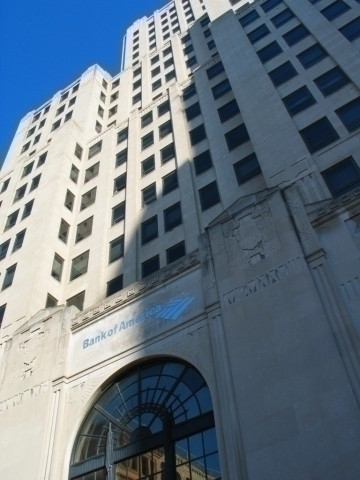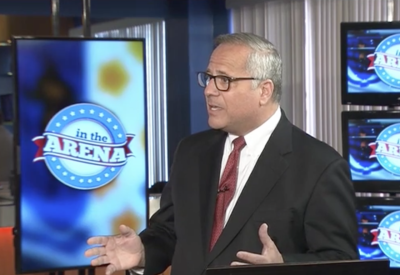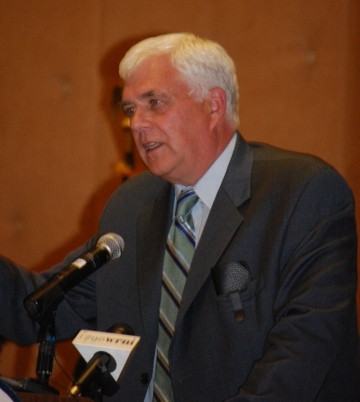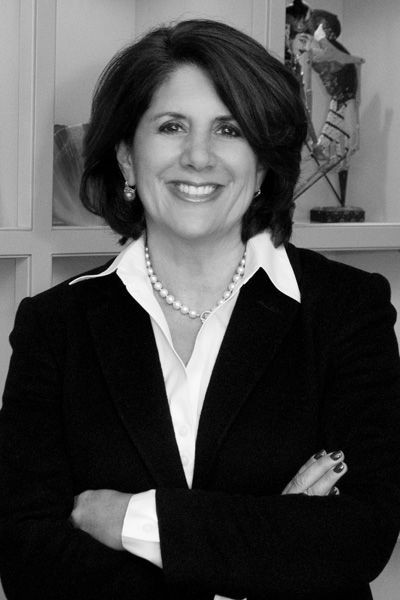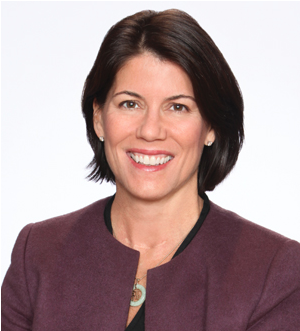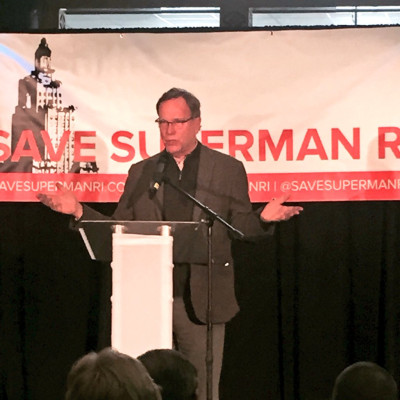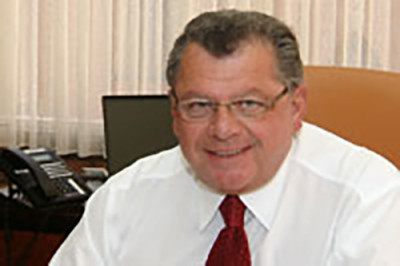Enough Electric Rate Rhetoric - Guest MINDSETTER™ Handy
Wednesday, August 30, 2017
This is a response to the Providence Journal’s editorials on National Grid’s rate proposal, including “Blame Policymakers for National Grid’s 53% Rate Hike” (8.3.17) and “Costly Choices on Energy” (8.26.17). The Journal refused to publish this response. The blaming is that these prices are due to retiring power plants, inadequate new supply and a lack of pipelines to bring natural gas here during winter months when we need it for heat and electricity.
Information about our regional supply comes from the independent system operator (ISO-NE) who manages our wholesale market. The region’s coal, oil, and n, clear plants are retiring – 4,200 megawatts, or 15% of our total supply between 2012 and 2020. Facilities like Brayton Point are decommissioned because they cannot compete economically against newer, faster and cleaner generating sources.
10,100 megawatts of efficiency and renewables are proposed for development in this region, 6,400 megawatts of new natural gas fired plants. Often renewables are not registered with ISO and are not counted in ISO’s capacity calculations (shamefully). Nevertheless, the fact that efficiency and renewables are the strongest competitors in this region’s market is borne out when gas plants, like Burrillville, lose out in ISO’s forward capacity auctions, because they are too expensive.
GET THE LATEST BREAKING NEWS HERE -- SIGN UP FOR GOLOCAL FREE DAILY EBLASTFinally, regarding pipelines needed to move natural gas from the shale gas mines to our end of the pipe. The $3.2 billion Access Northeast Pipeline proposed by National Grid and Eversource fell apart when the Massachusetts Supreme Court ruled that the utilities could not charge electric customers for the cost of moving the gas they want to sell us. The gas industry was not willing to take the risk of investment given competitive forces so the Court held it was inappropriate for gas pedlars to put that risk on electric customers.
What can we do about such uncompetitive costs? Take advantage of efficiency and renewables to reduce reliance on the region’s wholesale supply. The Narragansett Bay Commission, reduced their load 10% through efficiency and sourced 45% of their remaining supply from renewables for a financial benefit of $4.7 million, and are pursuing 100% renewables for good reason. Governor Raimondo ordered state facilities to use 100% renewables by 2025. Private sector leaders like Toray Plastics generate their own electricity from renewables and a combined heat and power plant. Even JP Morgan Chase, no bastion of liberal ideology or bad investments, will meet all of its global energy needs from renewables by 2020.
Our state energy plan, developed with extensive input from Rhode Island’s energy stakeholders, calls for diversification of our electricity supply to ease costly overreliance on one fuel, enhance our energy security, and to improve our environment. More recently, Rhode Island’s energy stakeholders (including National Grid and the Energy Council of Rhode Island) spent months discussing how to bring down Rhode Island’s energy costs. They had many good ideas like time-based rates that reward customers for lower consumption and more supply during peak demand when electricity is most expensive. Economic innovation comes when we overcome outdated, unaffordable thinking.
State leaders are moving our utility to a business model that ensures its interests in gas and transmission do not eclipse the drive for a new energy future. They are planning for a better distribution system that will enable that evolution and anticipating electrification of cars and heating/cooling systems so that we can source the new loads efficiently from our best supply options.
It is too bad that National Grid’s last energy procurement plan was filed in March 2016 and its rate case was filed before all this good rethinking takes hold. Stakeholders, advocates, and policymakers have unanimously resolved to put Rhode Island on a path to lower cost electricity and a much better energy future.
Seth Handy is a lawyer based in Providence.
Related Slideshow: Power List - Business
Related Articles
- “This Fight Isn’t Over” - Regunberg on PUC Approving National Grid Rate Hike
- Raimondo “Disappointed” by National Grid Rate Increase Approval By PUC
- Moore: National Grid Rate Hike Results From Bad Policy
- Senator Raptakis Opposes National Grid Rate Hike
- Senator Morgan Opposes National Grid’s 53% Rate Increase
- STORM UPDATE: National Grid Urges Customers To Stay Safe
- NEW: National Grid Warns Customers About New Bill Payment Scam
- National Grid, Fire Officials Urge For Safety in Snow Removal
- National Grid Responds to Leak, Denies Explosion at Providence Power Plant, Despite Reports
- McKee Urges RIers to Combat Proposed National Grid Rate Hike by Seeking Out Competition
- National Grid Raids Customer’s Checking Account for $25,000
- Providence Reps Voice Opposition to National Grid LNG Proposal
- RI PUC Approves National Grid Electric Supply Rate Increase of 11.9 Percent
- NEW: National Grid Says 30 Inches of Snow Possible with “Juno”, Preparing for Worst
- NEW: National Grid: 750+ Customers Out of Service Across RI from Juno
- National Grid Ranked Top Green Utility Company in the World
- NEW: National Grid Offers Energy Assistance To Rhode Islanders
- NEW: National Grid ‘Ready’ for Nor’easter, Tells RI to Prepare
- NEW: National Grid Claims Majority of Outages To Be Restored Monday
- NEW: National Grid Warns of Latest Payment Scam
- NEW: National Grid Tells RI Residents to Stay Safe & Connected
- NEW: National Grid Restores Power for 50% of Customers Affected by Hurricane Sandy
- NEW: National Grid Warns of Extended Power Outages
- NEW: National Grid Boosts Support for City Year with $1 Million Committment
- NEW: National Grid Warns of Utility Bill Scam




